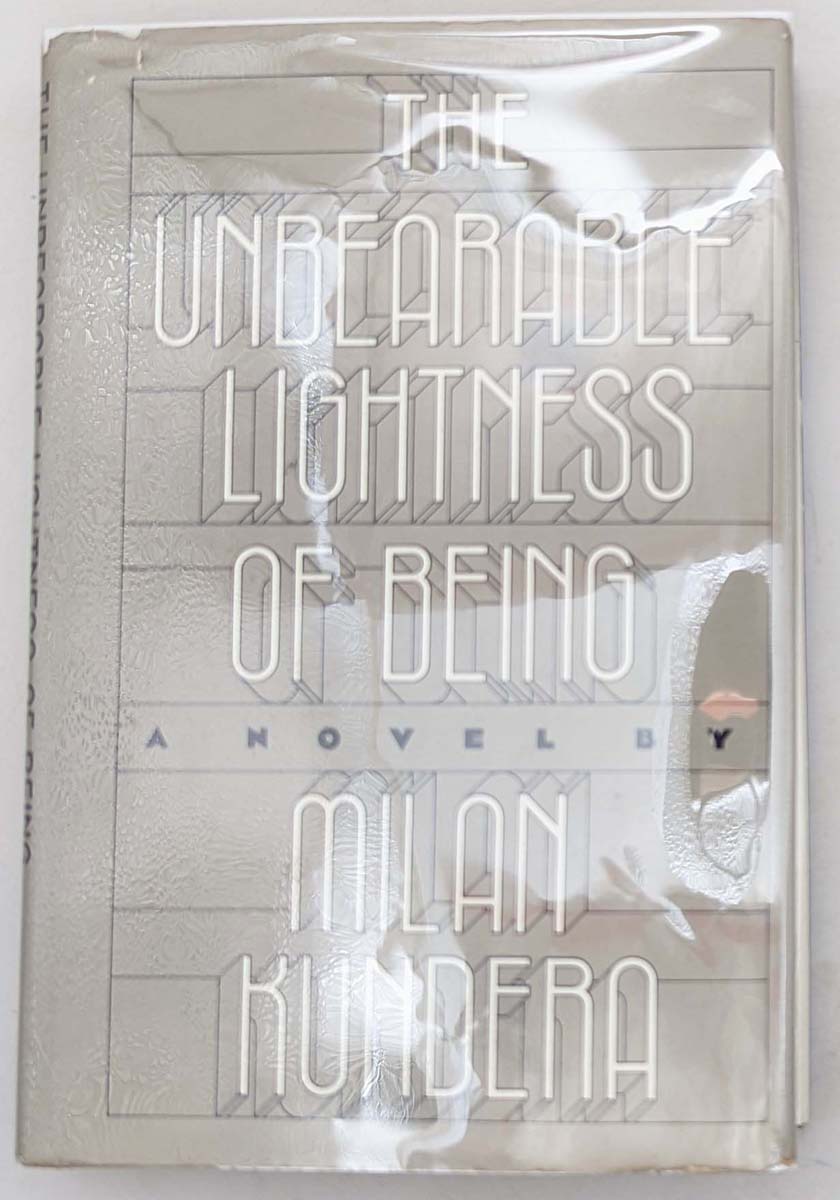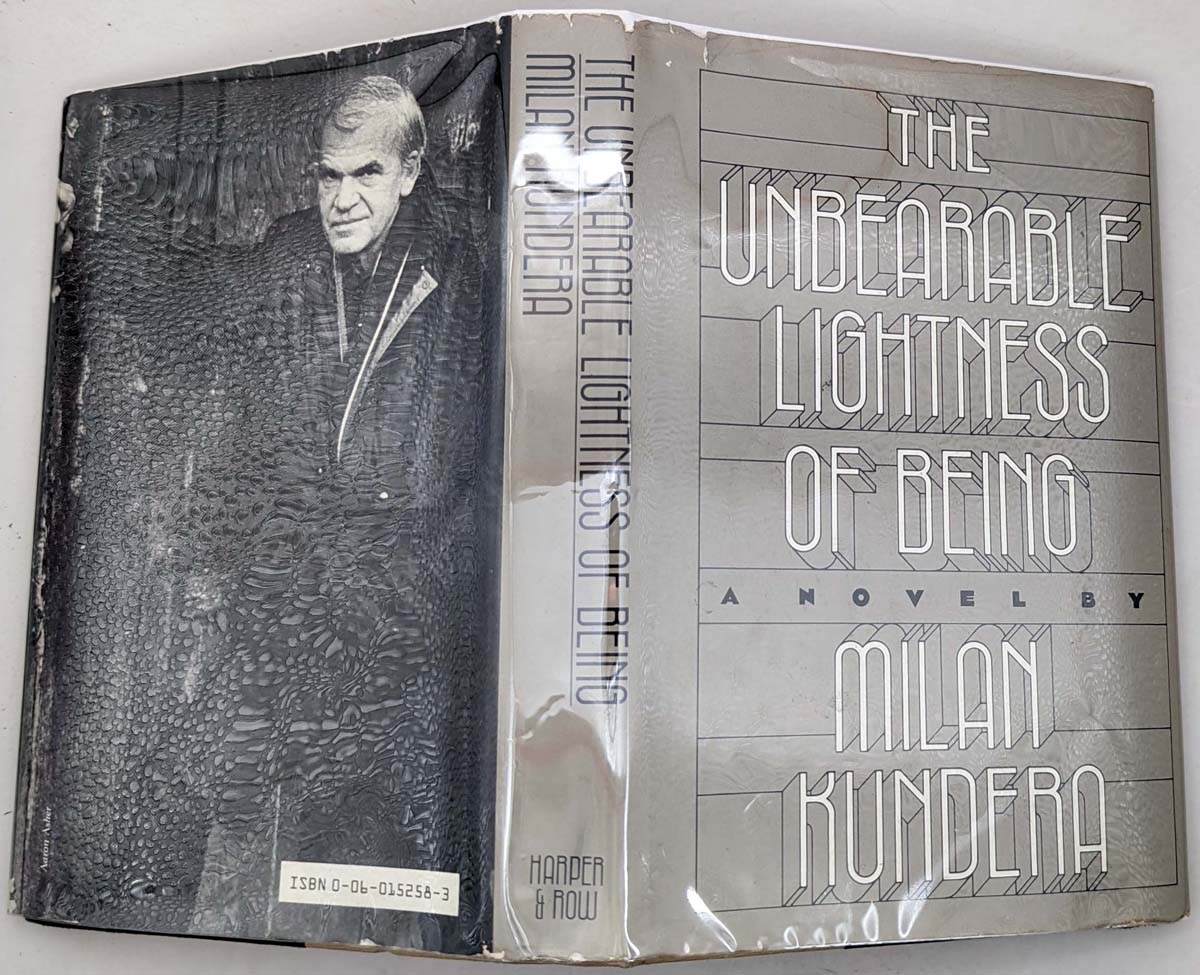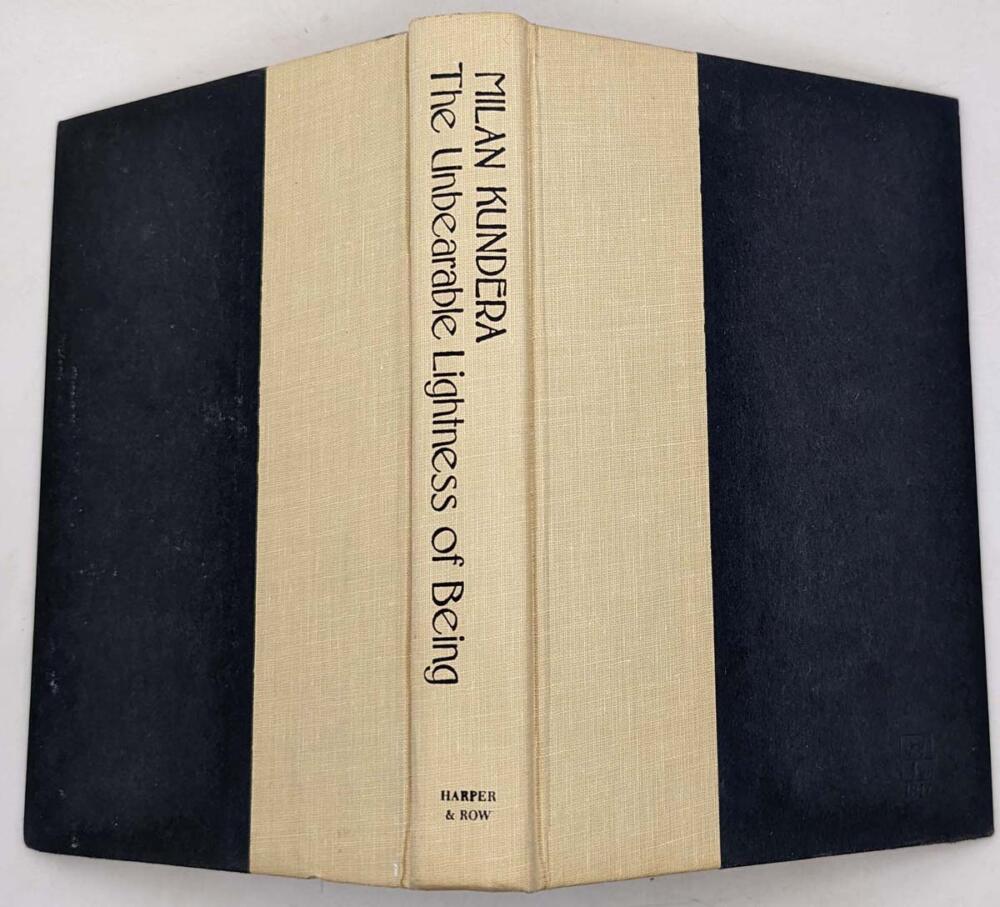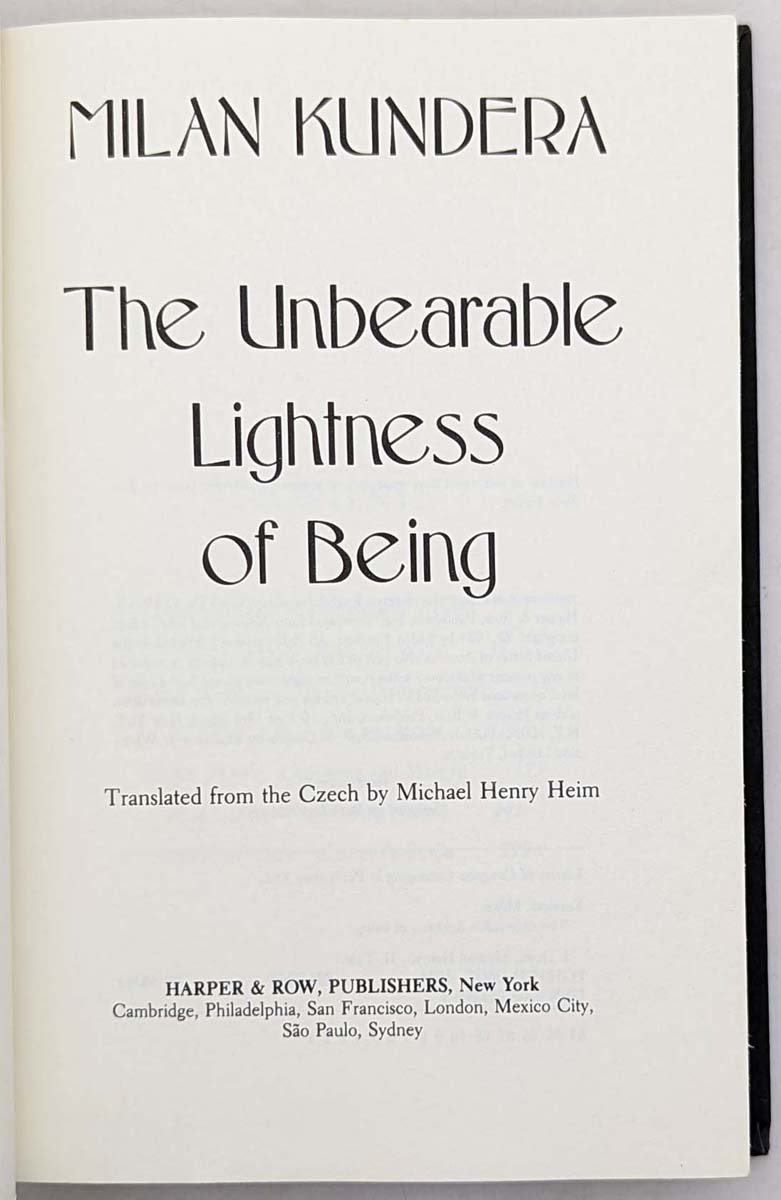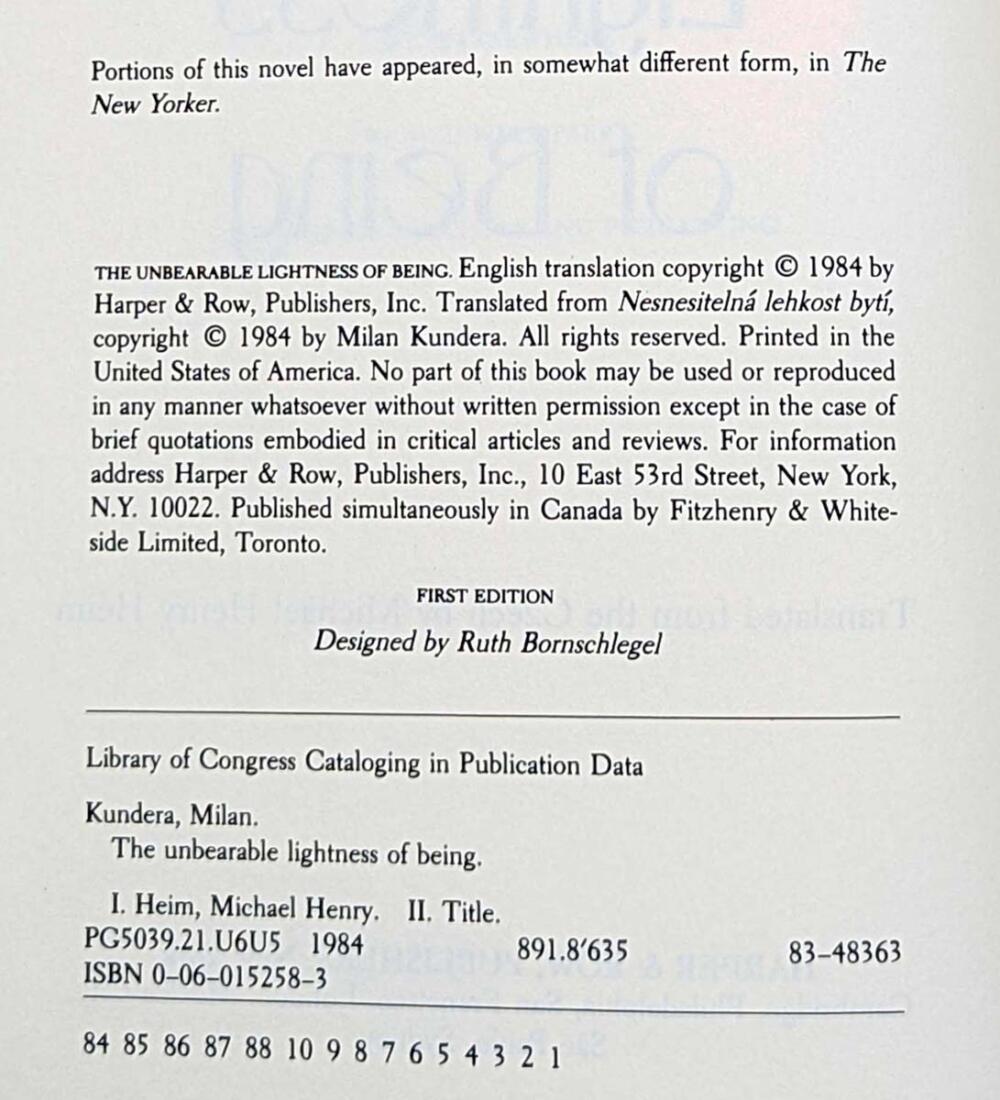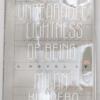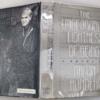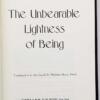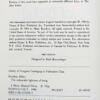The Unbearable Lightness of Being (1984) is a philosophical masterpiece by Milan Kundera, blending existential meditation with a deeply human love story set against the backdrop of the 1968 Prague Spring and Soviet invasion of Czechoslovakia. The novel follows four intertwined characters:
- Tomas, a gifted surgeon and unrepentant womanizer, whose life embodies Nietzsche’s idea of “eternal return” versus the “lightness” of fleeting choices.
- Tereza, his fragile, devoted wife, haunted by her mother’s vulgarity and her own bodily insecurities.
- Sabina, Tomas’s artist-lover, a rebel who embraces betrayal as freedom.
- Franz, Sabina’s idealistic Swiss lover, trapped in Western naivety.
Kundera’s narrator dissects their lives with clinical yet poetic precision, exploring kitsch, political kowtowing, and whether love can anchor us in a world without meaning. The famous metaphor of “lightness” (life’s ephemeral choices) versus “weight” (the burden of commitment) becomes a lens for Cold War Europe’s moral ambiguities.
For similar reads, try Immortality (1990), Kundera’s next novel, or The Book of Laughter and Forgetting (1979) for more Czech surrealism.
